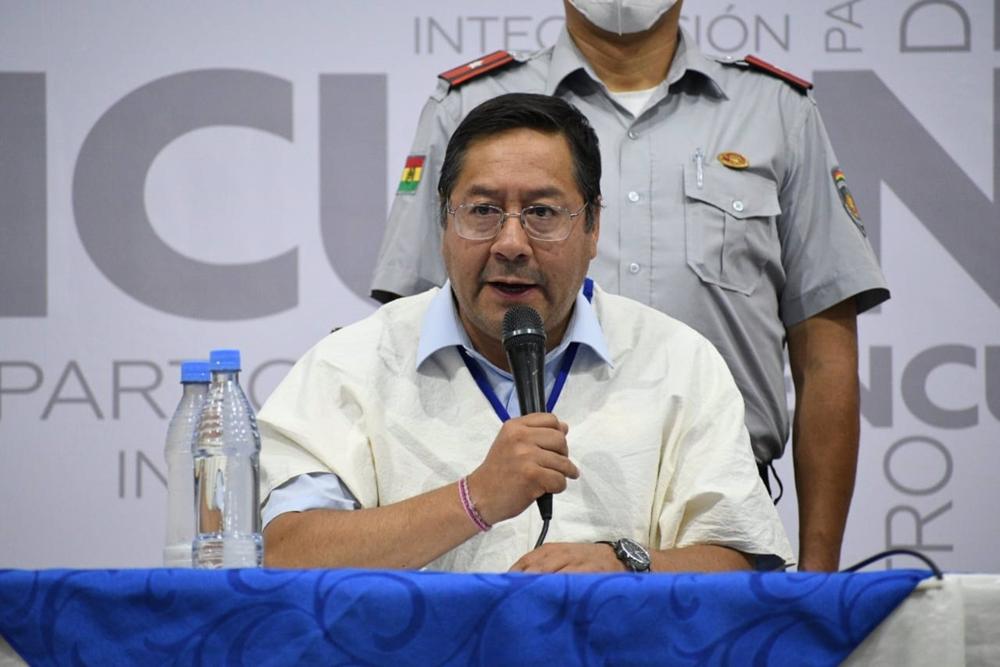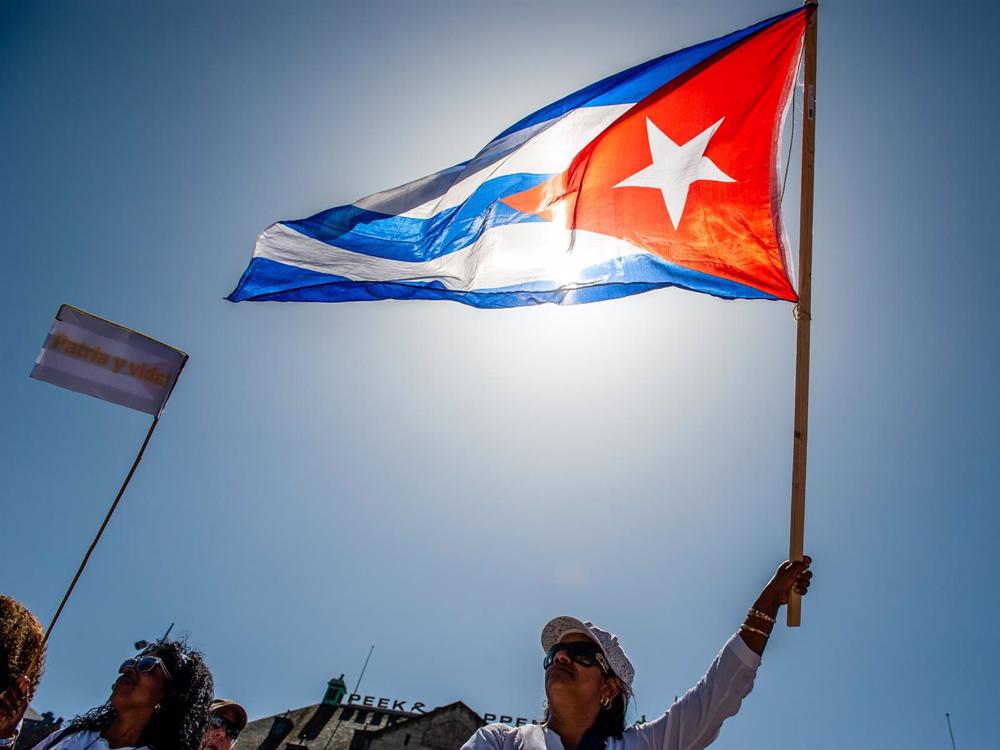
The Bolivian Senate has given the ‘green light’ this Tuesday, after four hours of debate, to the census law after having the approval of the Chamber of Deputies and it will now have to be enacted by the Bolivian President, Luis Arce.
The Upper House approved the initiative with the support of 22 senators after several hours of heated discussion among members of the Movement Towards Socialism (MAS) bench, as reported by the newspaper ‘El Deber’.
The Bolivian Executive has ten working days to issue its provisions. If no objections are raised, the census law will be published in the Official State Gazette, while if they are raised it will have to return to the Legislative.
The census law has been accompanied by controversy and confrontations in Santa Cruz, the main economic region of the country and where the opposition has become strong in recent weeks with a series of protests demanding the advancement of the census.
Thus, since October 22, the Interinstitutional Committee for the Promotion of the Santa Cruz Census announced a 35-day indefinite strike, although after its approval in the Chamber of Deputies – with 91 votes in favor, 25 against and three blank votes – it was suspended, as reported by the newspaper ‘La Razón’.
Bolivia’s president, Luis Arce, had set March 2024 as the date for the population census, while opponents have taken to the streets in recent days to demand that the process be carried out a year earlier, in 2023.
Bolivian law stipulates that the population census must be carried out every ten years, although the last one took place in 2022. The population count could result in the expansion of economic resources, as well as a readjustment of representation in Parliament.
With the approval of the census law, the first step is taken to carry out this mechanism, although for the moment everything points to the fact that the Government’s plan will go ahead and the population count will be carried out in March 2024, in spite of the criticisms.






